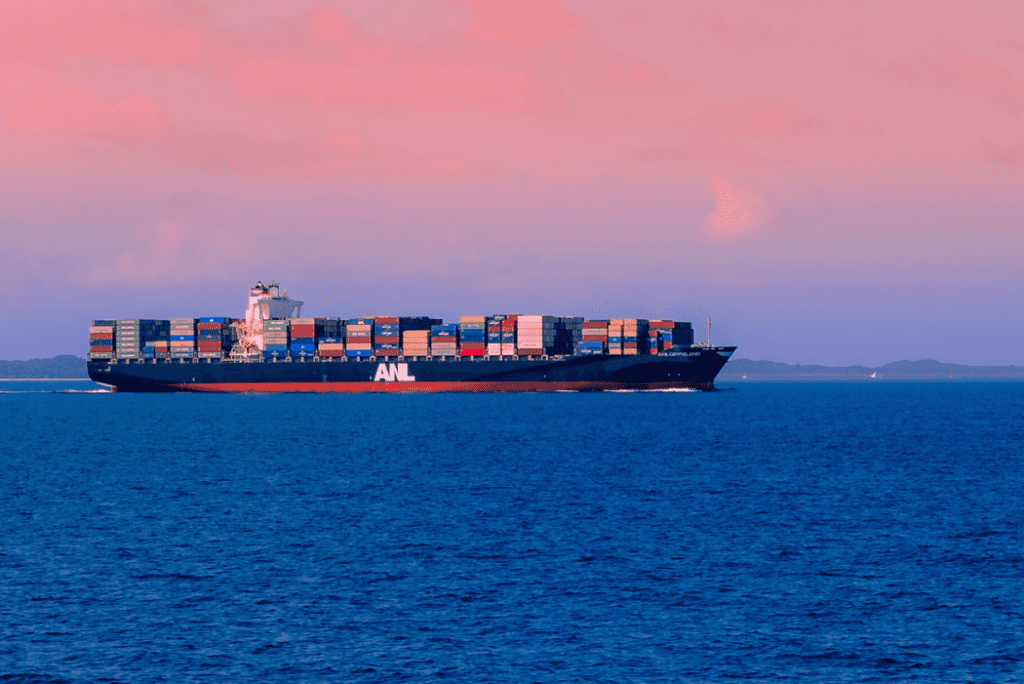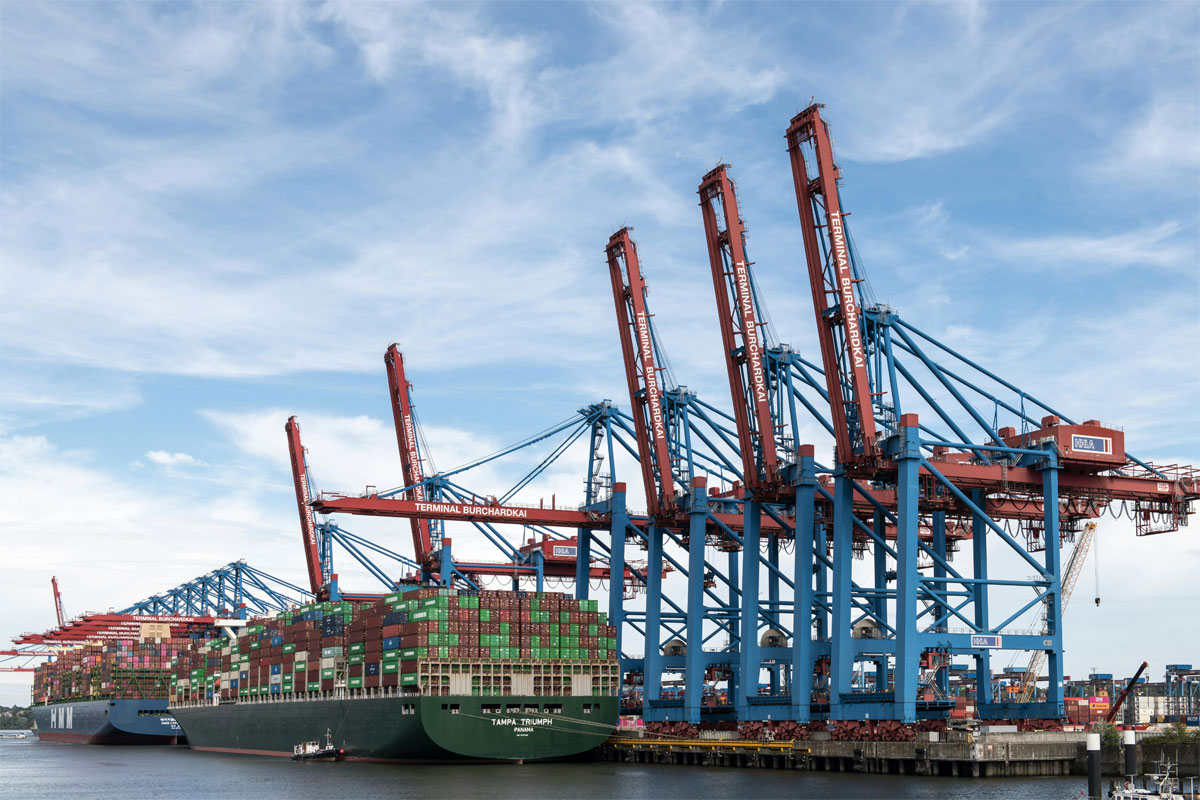BCOs are urged to prepare their C-Suites for an up to 9 percent increase in ocean freight costs after IMO 2020 takes effect Jan. 1.
Importers in the eastbound trans-Pacific were warned Thursday by a large shippers association to expect at least a 9 percent increase in all-in freight costs next year after the International Maritime Organization’s (IMO’s) low-sulfur fuel mandate takes effect.
Carriers have cautioned beneficial cargo owners (BCOs) since the TPM conference in Long Beach in March that with thin margins in the eastbound trans-Pacific, they will not be able to absorb any of the increased costs of the higher fuel and they intend to pass them on to customers.
“We don’t want [carriers] to absorb this cost because it will affect service even more. The idea of going slower seems almost impossible as the supply chain time is already extended.”
— Ken O’Brien
Slower steaming is considered by some to be an option for carriers to reduce fuel consumption and therefore mitigate higher fuel costs, but Kenneth O’Brien, COO of Gemini Shippers Group, indicated that option comes with risks.
“We don’t want [carriers] to absorb this cost because it will affect service even more,” O’Brien told an Auto Care Association webinar. “The idea of going slower seems almost impossible as the supply chain time is already extended.”
This article was originally published by the Journal of Commerce. To continue reading, visit JOC.com.


